Sense of period
Developing a sense of period is about going beyond knowledge of dates and period labels to help students appreciate the kind of world in which the people that they are studying actually lived. Such understanding is obviously supported by knowledge of key events, but it also depends on being able to visualise the period – recognising the kind of conditions in which people lived – and on an appreciation of the routine ideas and assumptions that shaped their thinking. The resources in this section offer a range of strategies to help teachers plan for the development of this kind of awareness, focusing particularly on the different kinds of sources that can be used to make the ideas and attitudes of people in the past accessible and meaningful in their particular context.
-
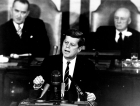
'But why then?' Chronological context and historical interpretations
ArticleClick to view -
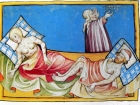
Period, place and mental space
ArticleClick to view -

Historical consciousness in sixth-form students
ArticleClick to view -
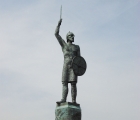
Year 9 face up to historical difference
ArticleClick to view -
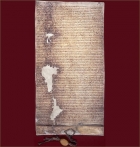
Year 9 - Connecting past, present and future
ArticleClick to view -
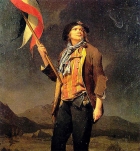
Knowledge and the Draft NC
ArticleClick to view -

Enquiries to engage Year 7 in medieval anarchy
ArticleClick to view -
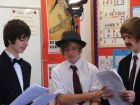
Transforming historical understanding through scripted drama
ArticleClick to view -

Developing Year 8 students' conceptual thinking about diversity in Victorian society
ArticleClick to view -

Exploring diversity at GCSE
ArticleClick to view -
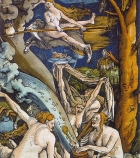
Witchcraft - Using fiction with Year 8s
ArticleClick to view -

Passive receivers or constructive readers?
ArticleClick to view -
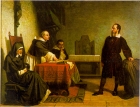
Should empathy come out of the closet?
ArticleClick to view -

Getting Year 7 to vocalise responses to the murder of Thomas Becket
ArticleClick to view -

Cunning Plan 143: enquiries about the British empire
ArticleClick to view -

Seeing the historical world
ArticleClick to view -

The Holocaust in history and history in the curriculum
ArticleClick to view -
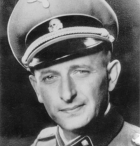
Polychronicon 141: Adolf Eichmann
ArticleClick to view -

Nazi perpetrators in Holocaust education
ArticleClick to view -

Investigating students' prior understandings of the Holocaust
ArticleClick to view

